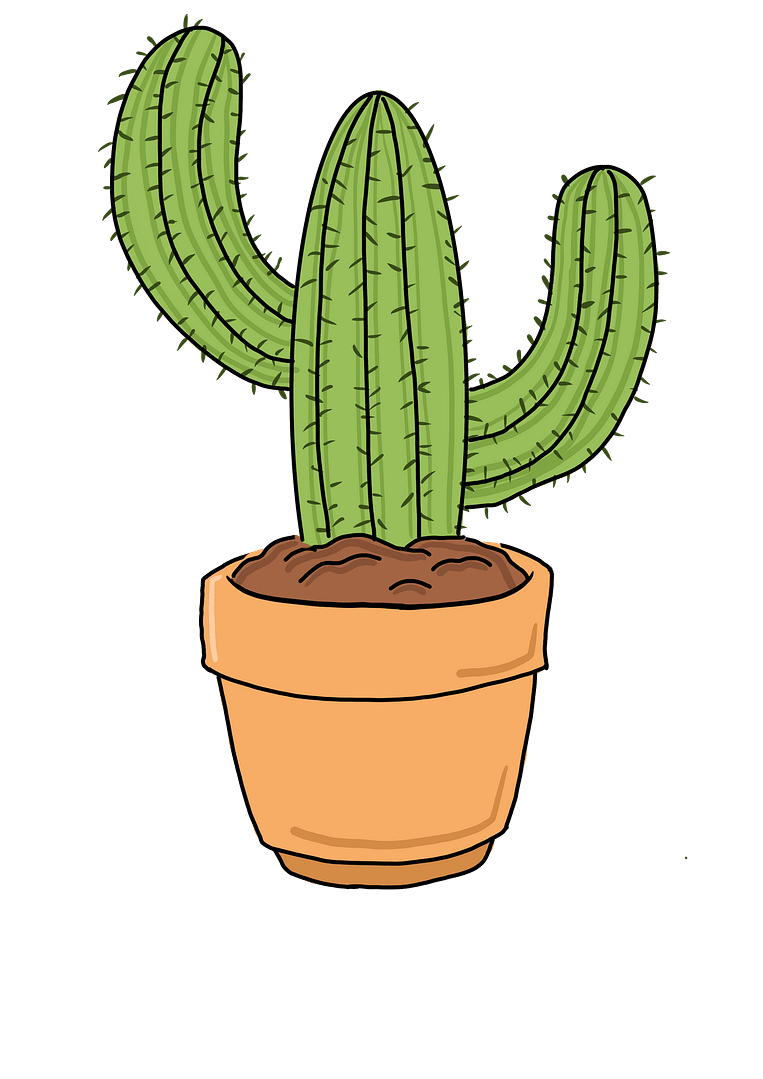In the previous post, we discussed what it meant for prayer (salat) to encompass all the various types of worship belonging to conscious beings such as humans, angels, and the Jinn and those of unconscious beings like trees and mountains. So how do animals and unconscious beings worship God?
They submit to God
Humans and the Jinn are the only beings who possess free will. Those of us who obey and submit to God do so by choice. The rest like animals and unconscious beings do not possess free will and therefore submit to God by default, thus worshipping Him. For instance, does the earth ever reject to spin around the sun? Or does ice refuse to melt at room temperature? Do sharks refuse to carry out their duty under water? Of course not, since all beings by default submit to the rules written for them by their Creator. Since submission is a form of worship, this is one way in which they worship God. Humans and the Jinn are the only beings who have a choice to refuse submission. So when a human submits to God they do so voluntarily and consciously, unlike animals or unconscious beings.
They pray (dua)
In the Twenty Third Word, First Chapter, Fifth Point, Ustadh Bediuzzaman discusses four types of prayer (dua),
- One is prayer through one’s talents and potential, meaning that every being “asks God” to develop their potential capabilities. This type of asking or praying is due to potential and does not have to be conscious. For example an apple seed has the potential to grow into an apple tree. But in order to make that happen many factors need to come together. First of all it needs to be planted, then watered. It needs soil as well as sunlight. An apple seed does not possess the power to bring all these factors together and allow itself to grow into a tree. So an apple seed’s capability or potential to grow is a “prayer” and it is God Who combines all the necessary factors together to make it happen, allowing the seed to reach its full potential.
- The second type is prayer through one’s natural needs. That is, every being has needs in order to survive. But they are too weak to meet their needs on their own. For instance, a cow needs grass to survive, but it is too weak and powerless to cause the grass to exist in order to meet its needs for survival. Hence, the cow’s need for grass is a prayer and it is God Who creates the grass and answers the cow’s “prayer” for survival.
- The third is prayer through desperateness. It is the type of prayer made when one is completely desperate for help. For instance, a baby animal loses its mother and God brings somebody else to take care of it.
- Finally, the last type of prayer is the one we are accustomed to which is prayer through the tongue and actions.
The first three types of prayer is carried out by all beings, both conscious and unconscious ones. Since prayer is a form of worship, this is another way in which all beings worship God.
They remind and teach us about God
As we discussed in previous posts [see [1] and [2]], every being manifests various names of God, thereby allowing us to learn more about our Creator and reminding us of Him. This too is a form of worship. For example a flower manifests the names al-Qadir, al-Musawwir, ar-Razzaq and so on. That is, by observing a flower we come to the conclusion that its Creator must be al-Qadir (all-Powerful), for how else could He have created it? He must be al-Musawwir (The Fashioner) for how else could He have fashioned such an intricately designed flower? He must be ar-Razzaq (The Provider) by providing the flower with its necessary nutrients, and so on. In other words, reminding and teaching others about God is a form of worship.
These are some ways in which animals and unconscious beings worship God, each of them doing so in their own unique way, some upright like trees and mountains (resembling qiyam or standing up during prayer), some on four legs (resembling ruku’ or bowing down), and some others like stones and sand on the ground in humility (resembling sajda or prostration).
Relevant passage from the Ninth Word
prayer is an encompassing luminous index of all types of worship and a holy map pointing to the colors of worship of all kinds of creatures. (Ninth Word; Third Subtle Point)



